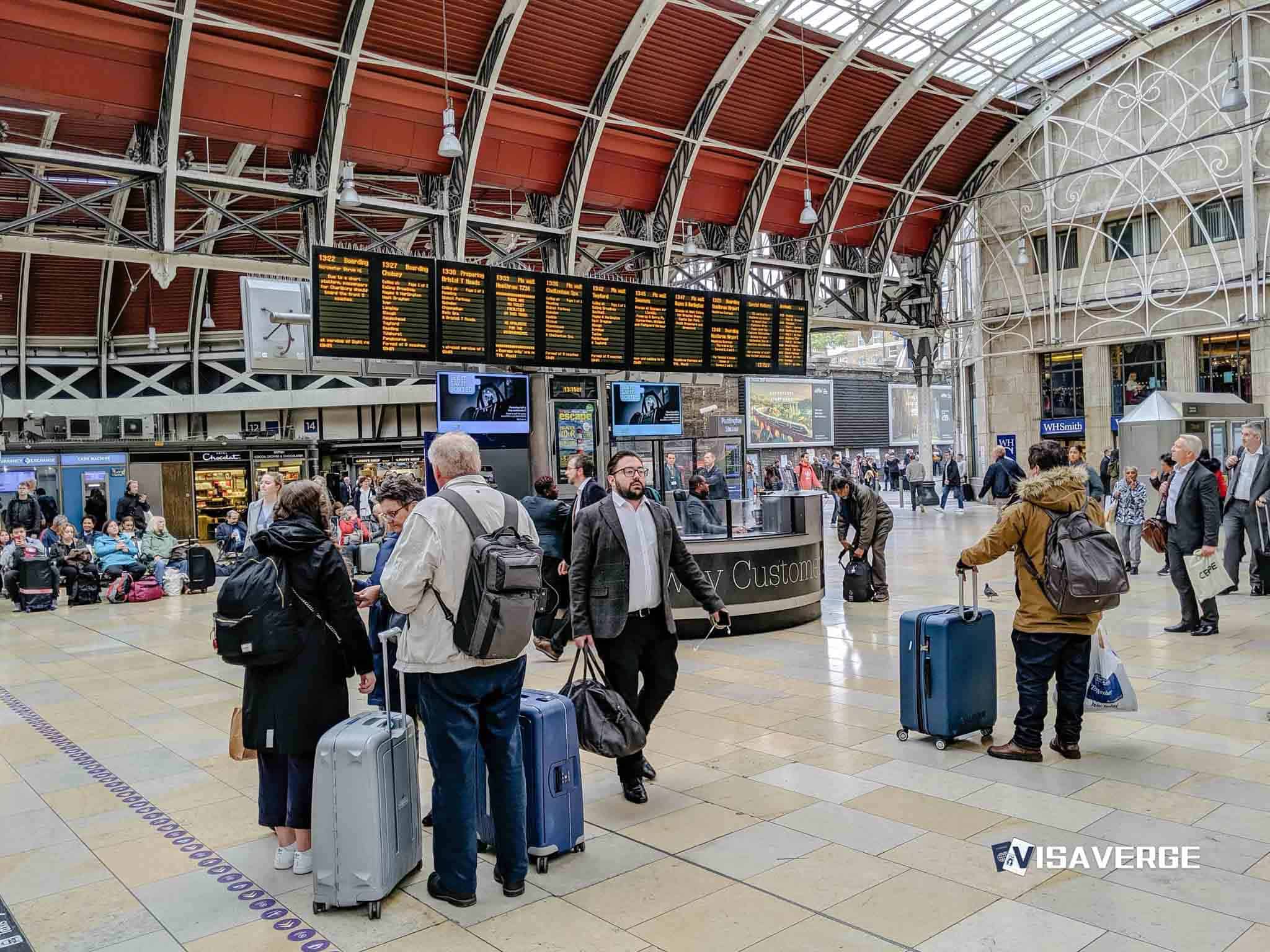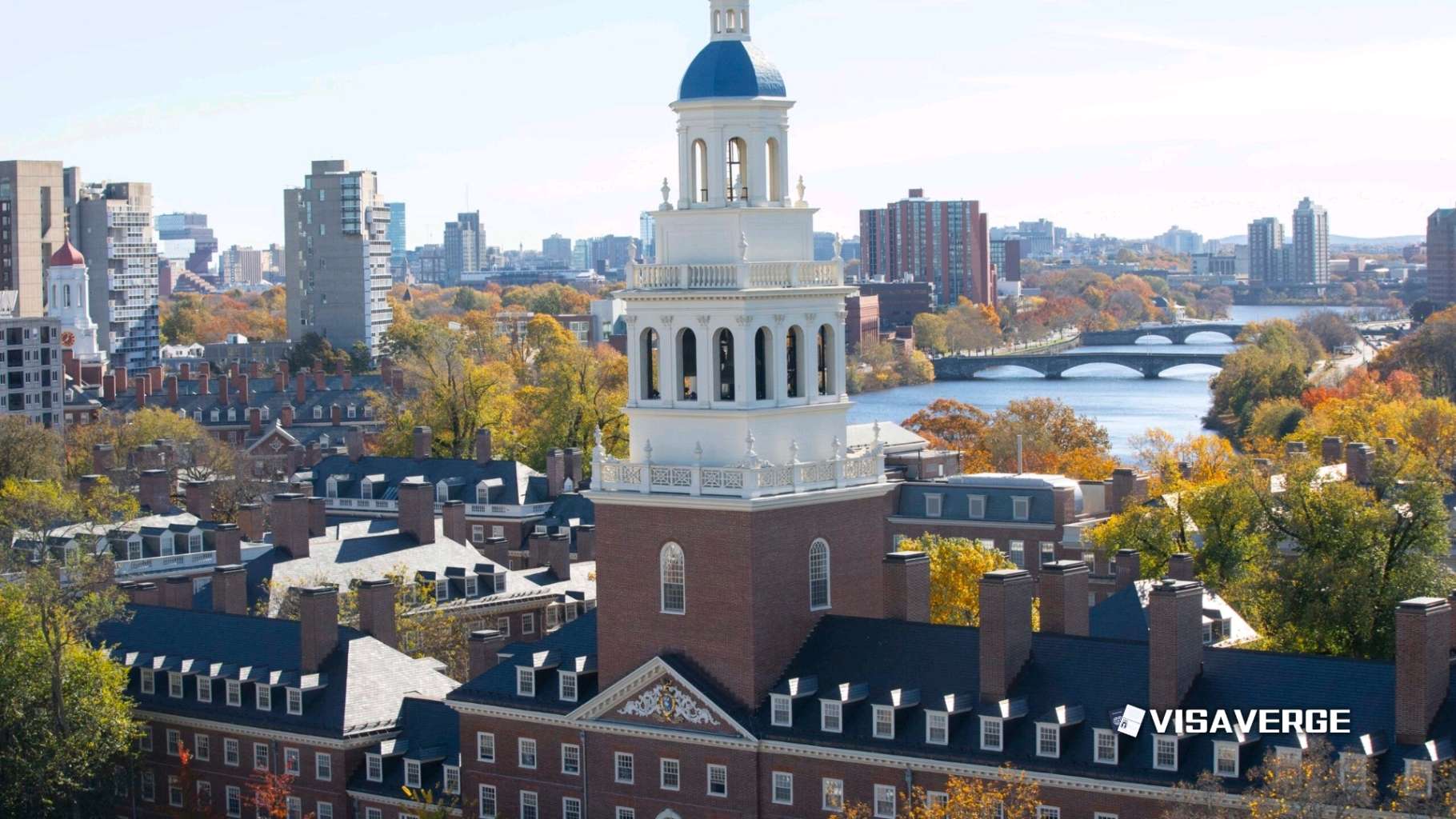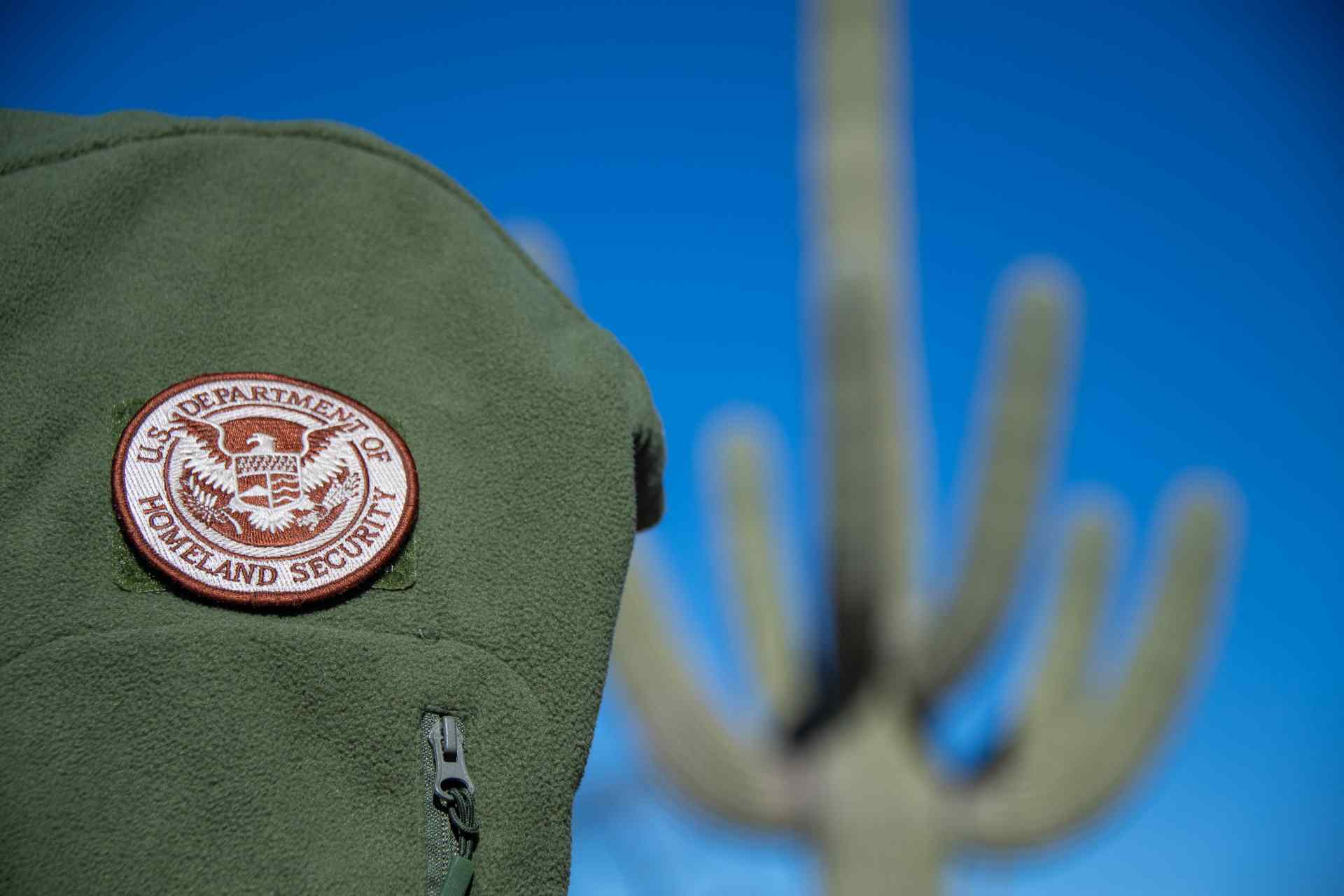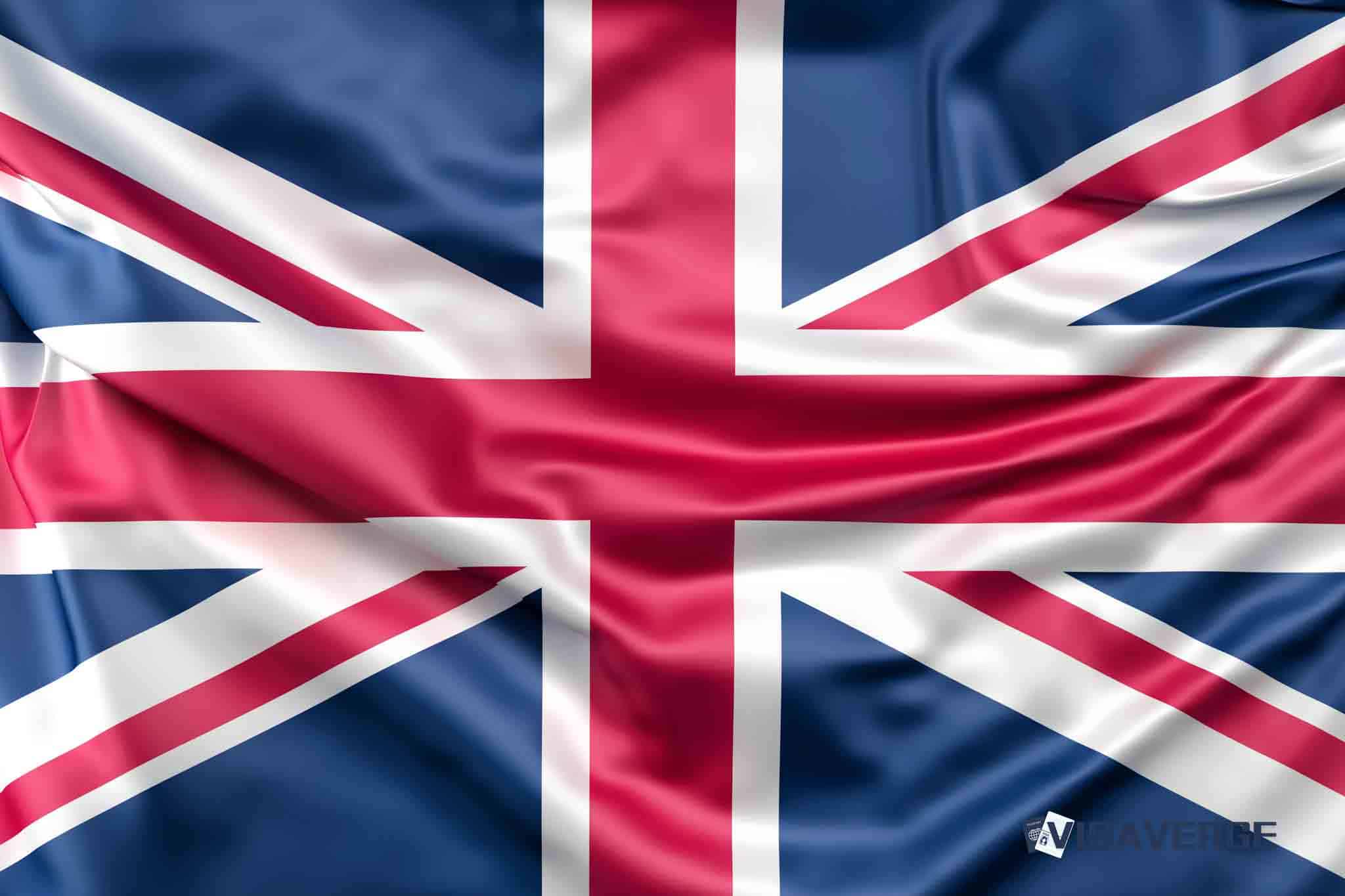(NEW DELHI, INDIA) A 24-year-old tech professional employed by a U.S.-based fintech in India was refused a B-2 visitor visa after a brief interview at the U.S. Embassy in New Delhi, igniting debate about why first-time travelers face high refusal rates. She earns ₹16 lakh a year, planned a holiday trip to New York City, and says the consular officer asked for no documents beyond her passport before issuing a visa denial.
Her account, first posted on Reddit, mirrors common experiences shared by young Indian applicants who meet income thresholds yet still fall short during the interview. The case has spread across social media and tech circles this week, because many assume steady pay and work for an American firm should tip the scales toward approval.

Interview Outcome and Internet Debate
According to her post, the officer did not look at bank statements, payslips, or an itinerary. After a few questions, the application was refused under Section 214(b), the default basis when the officer is not convinced an applicant will return home after a temporary visit.
She later wrote that her “no travel history” and young age likely hurt her case and vowed to build a record of trips before reapplying.
Reddit replies echoed that reading. Users cited four recurring themes:
- Doubt about intent when there is no prior foreign travel.
- The high cost of a holiday in New York raising questions about funding.
- Officer discretion during very short interviews.
- The benefit of first building a travel record with visas to places like the Schengen Area or Japan.
One commenter advised: “Get a Schengen visa … develop travel history, and next time it will be smooth for you.”
VisaVerge.com reports that first-time B-1/B-2 applicants often underestimate how much of the decision turns on the brief conversation at the window. Officers rely mainly on answers and the DS-160 data, not paper bundles. If doubts remain about purpose of travel, funding, or ties to India, officers refuse under 214(b) and move to the next case.
Context: How Officers Judge Tourist Cases
Under U.S. law, all visitor applicants are presumed to be intending immigrants unless they show strong reasons to return after a short stay. This is the “214(b) presumption.” For a young worker without property, dependents, or a travel record, officers may see higher risk—even when the person is a tech professional with good pay at a U.S.-based fintech.
Key points about interviews:
- Interviews are short by design. Many exchanges in New Delhi and Mumbai last two or three minutes.
- Officers review the DS-160 on-screen, ask a handful of focused questions, and look for clarity and consistency.
- If the applicant’s story about purpose, plans, and funding does not line up, refusal follows quickly.
Social ties and tangible anchors matter:
- Marriage, dependent parents, a long work contract, or property ownership can help show a reason to return.
- A history of travel to countries that issue strict visas and record exits also helps build confidence.
The price tag for a New York holiday can also trigger doubt: airfare, hotels, and festive-season costs rise quickly, and officers may question whether the plan fits the applicant’s budget.
Consular posts do not require applicants to hand over stacks of paper. Many approvals and refusals happen without documents beyond the passport. Officers can, however, request proof if a claim needs checking. Applicants should still carry key items because the interview window is the only chance to show them:
- Employment letters and leave approvals
- Bank records and tax returns
- Property deeds
The form that drives much of the review is the DS-160 Online Nonimmigrant Visa Application. Applicants submit it before scheduling the interview, and officers use it as a primary reference. The State Department’s official guide explains the fields, upload rules, and the confirmation page that must be brought to the center. The form and instructions are available on https://travel.state.gov/content/travel/en/us-visas/visa-information-resources/forms/ds-160-online-nonimmigrant-visa-application.html.
Practical Steps If You Reapply
People who face a 214(b) refusal can try again. Officers do not hold the past decision against applicants; they look at the current story. But reapplying without changed facts often leads to the same result.
Applicants who fit the New Delhi profile can improve their chances by focusing on four areas repeated in online discussion and consular practice:
- Build travel history
- Short trips to countries with strict entry rules show that you follow visa terms and return on time.
- Even one or two stamps can make your case clearer.
- Clarify ties to India
- Prepare to explain family duties, long-term job commitments, client projects, or studies.
- If you own property or support parents financially, state this plainly.
- Show a realistic budget
- Be ready to discuss flights, hotels, daily costs, and how you’ll pay without strain.
- If a friend or relative will host you, be clear about the arrangement.
- Keep answers simple and consistent
- Officers listen for short answers that match the
DS-160. - Avoid changing details or long explanations; inconsistency raises doubt.
- Officers listen for short answers that match the
None of this guarantees approval, but many refusals turn on doubts that can be reduced with better planning and a cleaner story. The young engineer at the center of the Reddit thread intends to apply again after building a travel trail; others in similar shoes say they gained approval after trips to Singapore, Europe, or Japan with steady returns.
Important: 214(b) refusals are not permanent. You can reapply once you have new facts—a completed foreign trip, a promotion, fresh savings, or a stronger family tie—and present a tighter plan with steady answers.
Broader Takeaways for Travelers and Employers
The episode reflects a wider mood at consular windows in India this year. Applicants report close review of:
- Purpose of trip
- Sources of funds
- Proof of ties, especially for first-time travelers going to the 🇺🇸 United States for holidays
Another recent case involved a customs officer with large savings who also faced a quick refusal, showing how officers weigh overall risk, not a single bank figure.
For employers:
– Staff employment alone does not influence tourist outcomes.
– A company letter helps, but the officer’s focus is on temporary intent, not the employer brand.
Advice from travel agents and lawyers:
– Avoid overloading the interview with long speeches about job duties or future plans.
– Keep proof ready but wait for the prompt; hand documents quickly if asked.
– Timing can help: off‑season travel with simpler itineraries and shorter stays can lower perceived risk and be easier to explain.
What This Means for the Applicant
For the New Delhi applicant, the practical path likely involves taking one or two short trips, keeping proof of return, and then trying the United States again with a funded plan. Her story circulates in India’s tech circles as a reminder that name and pay alone don’t secure a tourist stamp. It also tells first-time travelers to plan carefully ahead, build a travel history, and present a concise, consistent case at the consular window.
This Article in a Nutshell
A 24-year-old tech professional employed by a U.S.-based fintech in New Delhi was refused a B-2 visitor visa despite earning ₹16 lakh per year. The consular officer carried out a very brief interview, did not examine supporting documents, and issued a refusal under Section 214(b), citing insufficient assurance that the applicant would return to India. The case has prompted debate about why first-time travelers face high refusal rates. Immigration experts and community advice emphasize that officers rely heavily on DS-160 responses and interview answers, so applicants should build travel history, document strong ties to India, present a realistic budget, and keep answers concise and consistent. Reapplication can succeed only with new facts such as completed foreign trips, stronger financial documentation, promotions, or clearer family ties.













